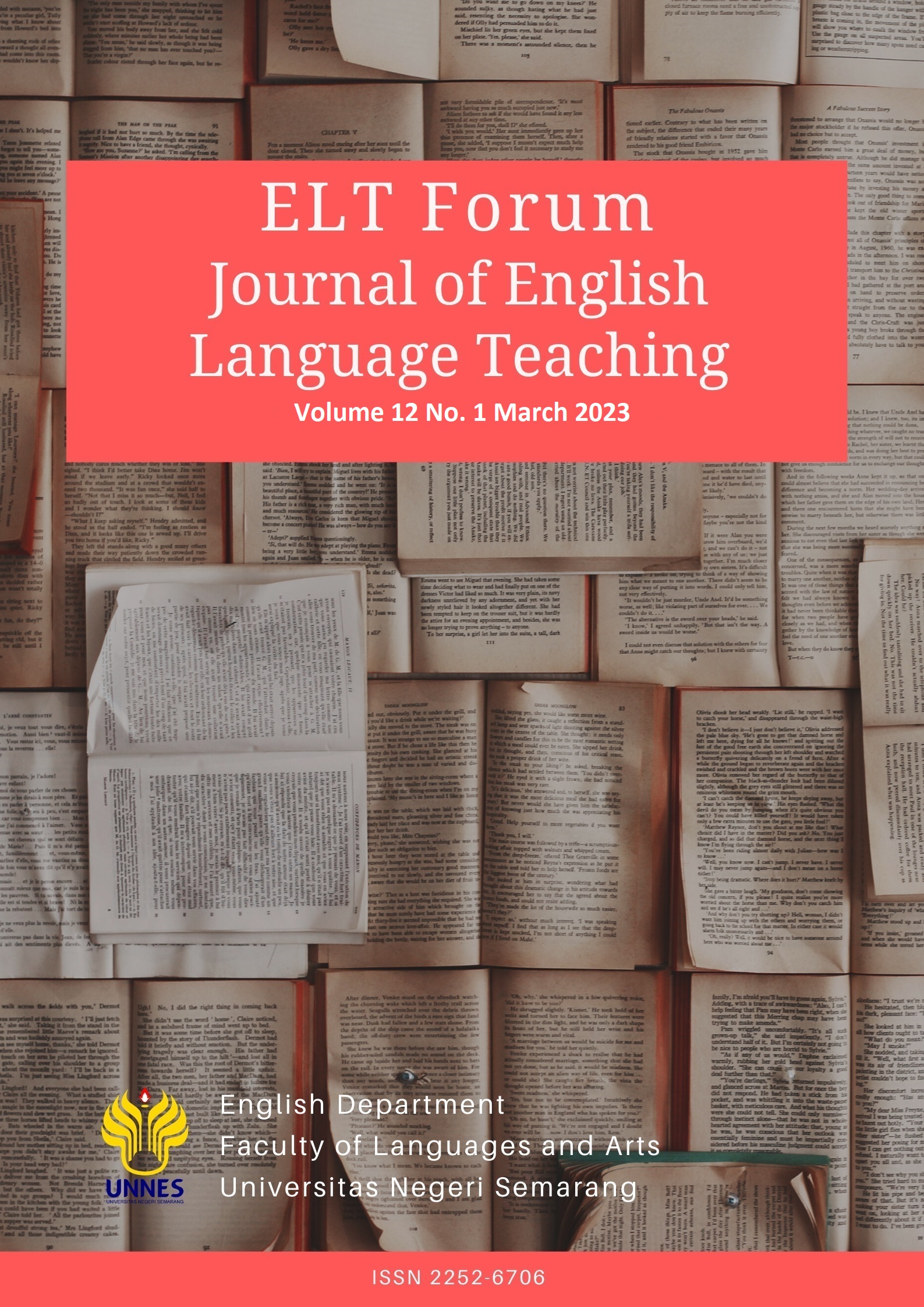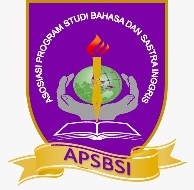Interpersonal written corrective feedback: A case study of reading log feedback
Abstract
Written corrective feedback (WCF) has been given considerable attention in the past few decades in English as a Foreign Language (EFL) writing. However, few studies have focused on students’ written works and examined how their writing performance change in response to teachers’ feedback and comments. This paucity of data from students’ actual works is problematic. Accordingly, this study scrutinized eight secondary school students’ reading log entries written in EFL and the feedback their teacher provided. Data were also collected from semi-structured interviews with the students and the teacher. Findings indicate that the combination of direct error correction in in-text feedback and mitigation strategies in end comments could lead to effective integration of interpersonality into WCF. Specifically, mitigation strategies such as using suggestions, expectation, and encouragement in lieu of criticism contributed to constructive and effective feedback. Demonstrated effects on students’ writing include lengthened text, decreased grammar mistakes, enriched content, and increased exam marks for writing. Meanwhile, teacher-student relationship was reported to have improved due to the application of interpersonal WCF. Practical implications of the findings include specific strategies that EFL teachers could adopt to effect interpersonality in WCF and thus enhanced student written works.



_.jpg)
_.jpg)




